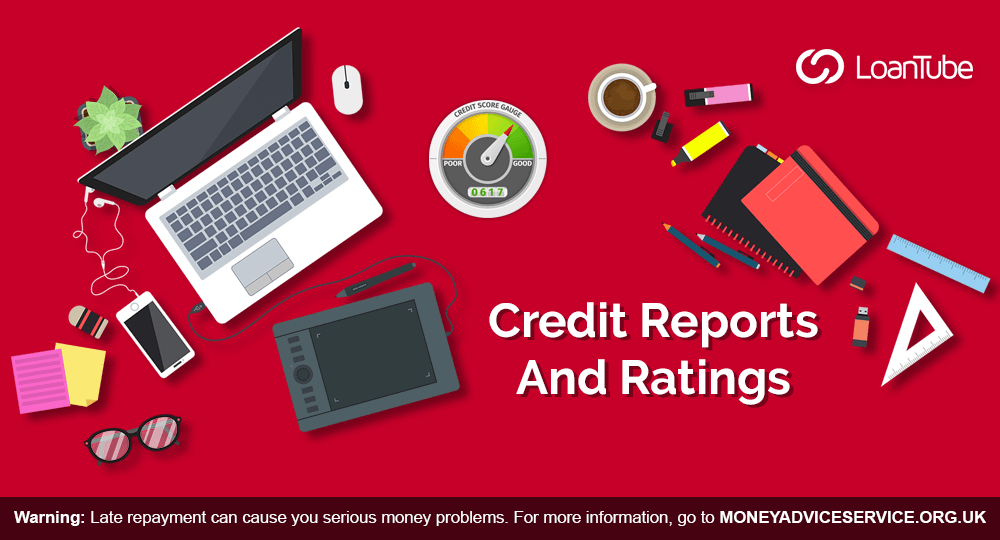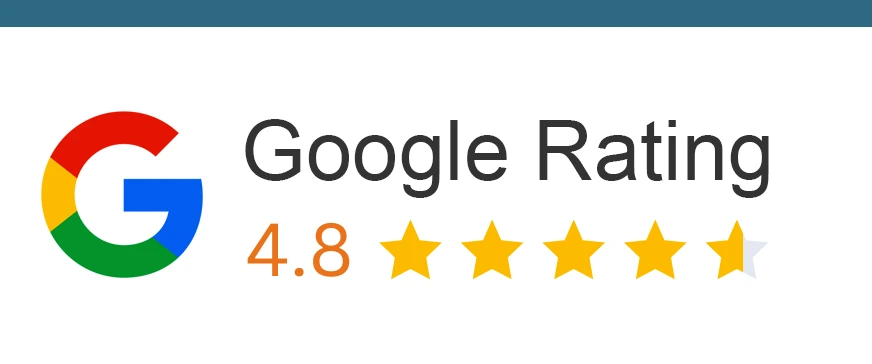Getting declined for a loan? Read this article to understand what credit reports and ratings are, how lenders use them, and how you can increase your credit score.
Often, lenders reject loan applications due to low credit scores. Your credit score is part of your credit report, which plays a crucial role in loan approvals.
In this article, the LoanTube team explains credit ratings and reports, their purpose, and how you can boost your credit score.
Maximise your options: Compare and apply for loans below with LoanTube
Apply Filters
What is a Credit Score?
- Lenders use credit scores to determine whether to approve a loan. This score, combined with other details in your application, influences their decision.
- A higher credit score increases approval chances. It signals reliability in repaying loans and managing debts. Those with lower scores pose a higher risk to lenders. Learn more about common credit score myths.
How Lenders Use Credit Scores
- Lenders factor in credit scores while deciding on loan approvals. They input your details into a system that calculates a score, helping them assess the risk of lending to you.
What is a Credit Report?
- A credit report acts like a financial CV. It lists your current and past loans, mortgages, and utility transactions. Lenders can check if you have made payments on time.
- Credit reference agencies compile these reports, helping lenders evaluate how likely you are to


